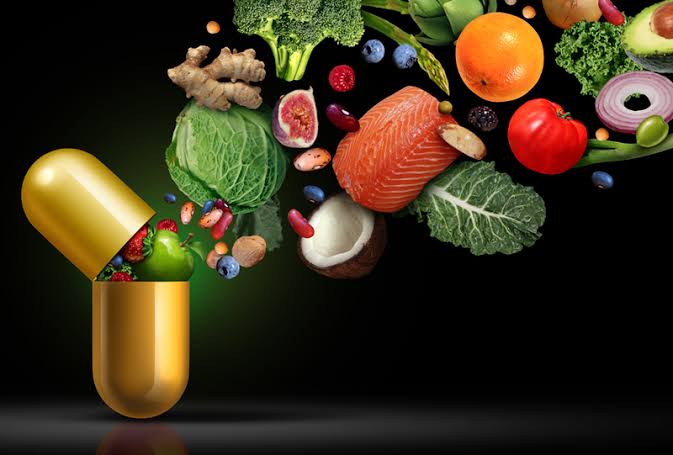Common Supplements That Could Silently Harm Your Kidneys

Common Supplements That Could Silently Harm Your Kidneys
The National Kidney Foundation advises extreme caution with herbal supplements, especially if you have kidney disease, high blood pressure, or diabetes.
Dietary supplements are often seen as an easy way to enhance health—promising stronger immunity, better energy, and improved fitness. But while many are beneficial when taken appropriately, some may quietly harm your body, particularly your kidneys.
When overburdened by excessive or prolonged supplement use, they may start to falter—often without immediate symptoms.
Here are five popular supplements that might be putting your kidney health at risk without you realizing it:
1. Vitamin C
Vitamin C plays a critical role in immune support and collagen production, but high doses (over 2,000 mg per day) can backfire. Excess vitamin C can lead to the formation of oxalate crystals, which may accumulate in the kidneys and contribute to kidney stones—or worse, kidney damage, especially in those already at risk.
2. Creatine
Commonly used by athletes and gym-goers, creatine is a supplement known for improving muscle performance. However, when taken in large amounts or over extended periods, it can elevate creatinine levels—a marker of kidney function. This increase can stress the kidneys or mask early signs of dysfunction, particularly in individuals with pre-existing issues.
Drink plenty of water and avoid mega-dosing, especially if you’re managing other health conditions.
3. Protein Powders
Protein supplements are a go-to for muscle building and recovery. But overloading on protein—especially from powders and shakes—can burden your kidneys. High protein intake increases the amount of nitrogen waste that the kidneys must filter, putting stress on their filtering systems, particularly for people with undiagnosed or existing kidney problems.
4. Herbal Supplements
Herbal remedies may seem like the “natural” route to better health, but not all herbs are kidney-friendly. Ingredients like aristolochia (found in some detox or weight-loss supplements) and licorice root have been linked to kidney toxicity. These compounds can cause inflammation or direct injury to kidney tissues.
Kava is a herbal supplement often used in concentrated form to help manage generalized anxiety disorder. While it may offer short-term calming effects, overuse or long-term use has been linked to severe liver damage, including hepatitis, cirrhosis, and even liver failure.
Additionally, excessive consumption of kava has been associated with heart issues and eye irritation. Kava can also interact negatively with several medications, including anticonvulsants, anti-anxiety drugs, and any medications processed by the liver, increasing the risk of side effects or toxicity.
The National Kidney Foundation advises extreme caution with herbal supplements, especially if you have kidney disease, high blood pressure, or diabetes.
5. Vitamin D
Essential for bone health and calcium absorption, vitamin D is another nutrient that can turn harmful in excess. High doses can lead to hypercalcemia—an excess of calcium in the blood—which may cause calcium deposits in the kidneys, impairing their function over time.
How to Safeguard Your Kidneys
Before starting any supplement regimen, especially if you have health risks like high blood pressure, diabetes, or a family history of kidney disease, consult with your doctor.
To support kidney health naturally:
Stay well-hydrated
Avoid megadoses of any supplement
Limit sodium, sugar, and ultra-processed foods
Manage blood pressure and blood sugar levels
Prioritize whole, nutrient-rich foods












